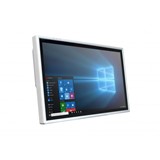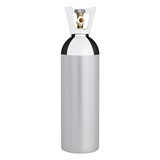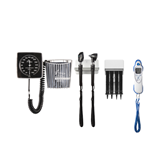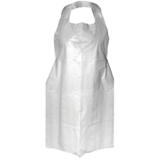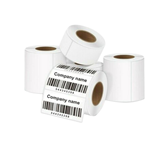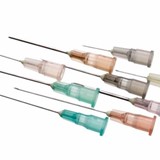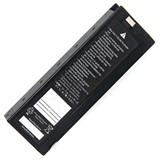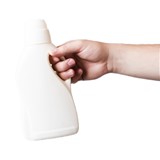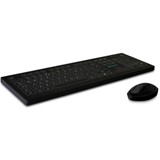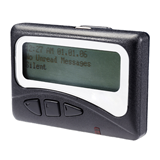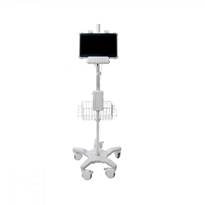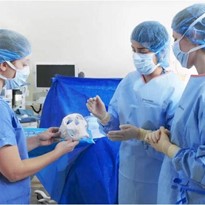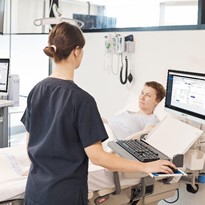Medical tablets have been making inroads to bring these facilities and their personnel up to date. The benefits are many, and doctors and nurses equipped with them can work faster, easier, and with added mobility. Here are just three of the ways medical tablet computers are actively changing healthcare for the better.
Faster, more accurate data collection
The necessity for clipboards, stacks of paper, and elusive pens can be done away with when a tablet is introduced. Tablets combine the mobility of a smartphone with the usability and size of a netbook screen. They can go wherever a clinician, doctor, or nurse can go, whether it is on rounds or to check up on specific patients.
Data can be swiftly collected, saved, and edited with a few taps, and the need for physical files is gone. If paper copies are necessary, tablets can be connected to printers and files can be sent wirelessly. With a mobile, medical tablet computer, every diagnosis, history, and doctor’s note is at your fingertips.
Patient-friendly usability
In cases where medical tablets are being given as an ‘infotainment’ tool, patients can stay connected, be productive, learn new information about their treatment or the facility, and calm anxieties, among a variety of other media-related uses.
These ruggedized tablets can be given to children, elderly patients, and visitors alike to help them during their visit. They can be used to relay information directly to patients and their families, answer questions, and even order meals. These kinds of digital interfaces can put visitors and patients at ease, and remind them that they are in capable hands.
Superior mobility
Tablets are made to be mobile for the entire workday. With reliable, hot-swappable batteries, they can keep up for entire shifts, and connectivity is never an issue with a 4G connection. These functions ensure that wherever a doctor or nurse needs to go, every bit of information on the tablet can follow them.
Rugged medical tablets can increase communication, productivity, and even prevent disaster. Every tablet is designed to handle drops, falls, spills, and many dangers that come along with being in a hospital setting. They can be disinfected accordingly, and no-touch features such as styluses and mounted options can be added for increased benefits.



